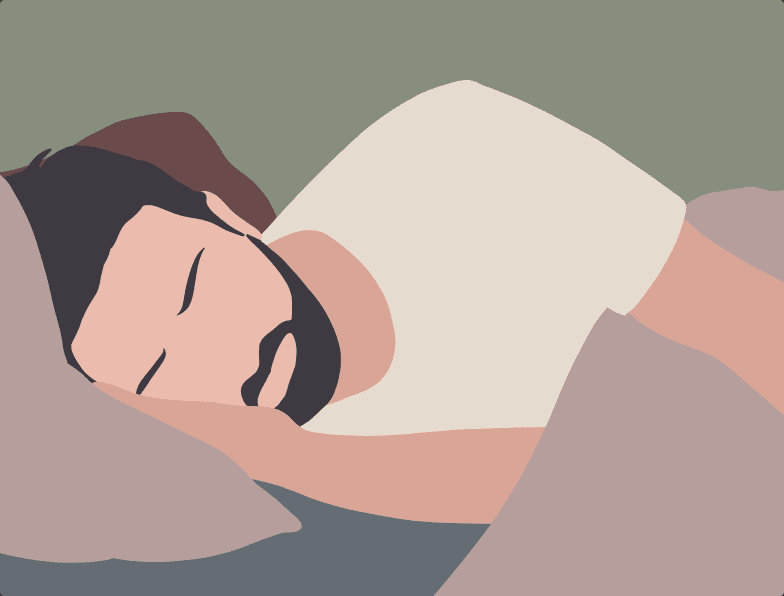Depression negatively affects how you feel, think, and cope with daily activities. It’s more than just feeling down or sad; it’s a continuous sense of emptiness and hopelessness that pervades your daily existence. A chemical imbalance or an overactive nervous system can also be the cause of depression, as can life events like the loss of a loved one or a relationship.
Depression can manifest in various ways. Some people experience a persistent sad, anxious, or “empty” mood, while others may feel irritable or hopeless. You may experience a lack of energy, feel down and hopeless, and become withdrawn. Clinical depression symptoms include continuous melancholy, pain without a clear physical cause, an increase or reduction in appetite, and sleep issues (you may be either sleeping excessively or not sleeping enough).
Depression is one of the most common reasons people seek mental health care. Therapy for depression can help by addressing the issues you’re experiencing. You and your therapist or psychologist can talk about your depression and come up with strategies and coping techniques to help you manage the symptoms. Additionally, depression therapy might help you better understand the causes of your depression and how to manage its symptoms.
At Behr Psychology, we understand the nuanced nature of depression. Our psychologists and therapists are committed to delivering empathetic, effective depression treatment that addresses the individual needs of our clients.
The first step toward managing and overcoming depression begins with a comprehensive evaluation by our skilled therapists. This intake meeting helps our psychologists and therapists identify the specific type and severity of depression you are experiencing. Following this, your therapist will develop tailored depression therapy using proven methods like cognitive-behavioral therapy (CBT), dialectical behavior therapy (DBT), or psychodynamic therapy, depending on the best fit for your situation.
At Behr Psychology, we strive to create a supportive environment where you can openly discuss your emotions and thoughts. Together with your therapist, you will work to identify the root causes of depression. Treatment for depression will also provide you with skills to manage and reduce depressive symptoms in your day-to-day life.
If you find yourself constantly overwhelmed by sadness and a pervasive sense of hopelessness, if you’re always exhausted, withdrawing from friends and family, and struggling with everyday tasks and activities, it may be time to consider major depressive disorder therapies. Treatments like cognitive behavioral therapy (CBT) and mindfulness-based cognitive therapy (MBCT) have really shown some great results in tackling depression. Depending on the severity of your symptoms, a combination of medication and psychotherapy can provide the most effective results for depression management.

